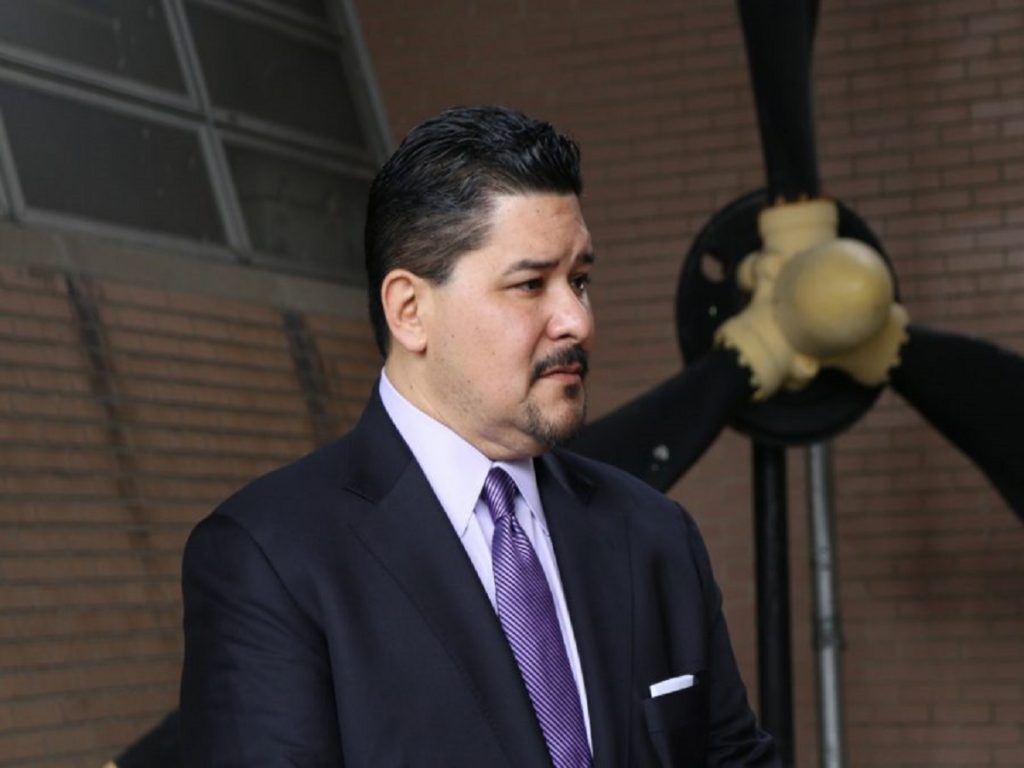Texas’ Voter ID Law Does Not Discriminate and Can Stand, Appeals Panel Rules
A federal appeals court upheld Texas’ voter identification law on Friday, saying that it does not discriminate against black and Hispanic voters.
The decision by a three-judge panel of the United States Court of Appeals for the Fifth Circuit, in New Orleans, overturned a lower-court ruling that had struck down the law. It was the latest milestone in a yearslong legal battle over the state’s efforts to require voters to show government-issued identification in order to cast a ballot.
The panel’s decision, by a vote of 2 to 1, was the first time a federal court had upheld the law, a revamped version of one of the toughest voter ID restrictions in the country.
The original law, which was known as Senate Bill 14 and was passed by the Republican-dominated Texas Legislature in 2011, required voters to show a driver’s license, passport or other government-issued photo ID before casting a ballot. The law took effect in 2013, and it was found by the same federal appellate court to have a discriminatory effect on black and Hispanic voters, many of whom lack government-issued photo ID.
The Legislature then loosened the restrictions last year by passing a new law, known as Senate Bill 5, that allowed voters who lacked one of the seven approved forms of ID to cast a ballot if they signed an affidavit stating why they could not obtain an approved ID. Those voters must show an alternative form of identification, including a utility bill or a bank statement.
Last year, a federal district court judge struck down the new law. But the Fifth Circuit later allowed the law to go into effect in January while it considered the state’s appeal.
One of the most contentious issues with the new law is that it creates criminal penalties for those who make false statements in their sworn affidavits, a move that critics of the law believe confuses and frightens potential voters.
In the ruling on Friday, the three-judge panel said concerns that the criminal penalties would intimidate voters were “wholly speculative.” The judges wrote that the Legislature had “succeeded in its goal” of passing a new law “designed to cure all the flaws” of the original.
The case had previously raised the possibility that the state’s election procedures could be put back under federal oversight, in a process called preclearance. It was a potential legal penalty for Texas after a lower court judge had found that the state had intentionally discriminated against minority voters. But on Friday, the Fifth Circuit panel appeared to take preclearance off the table, ruling that “there is no equitable basis for subjecting Texas to ongoing federal election scrutiny.”
Republican leaders in Texas, who have denied that the law discriminates and have defended it as a means of preventing voter fraud, applauded the decision.
“The court rightly recognized that when the Legislature passed Senate Bill 5 last session, it complied with every change the Fifth Circuit ordered to the original voter ID law,” the Texas attorney general, Ken Paxton, said in a statement. “Safeguarding the integrity of our elections is essential to preserving our democracy. The revised voter ID law removes any burden on voters who cannot obtain a photo ID.”
An appeal by the plaintiffs — a group of Democratic lawmakers, individual voters and black, Hispanic and civil-rights organizations that sued Texas — seemed likely. They can appeal to either the full Fifth Circuit or to the Supreme Court.
“Our view today is the same as it has been since the first day of this litigation — Texas’ voter ID law is discriminatory,” said State Representative Rafael Anchia, a Dallas Democrat who is the chairman of the Mexican American Legislative Caucus, one of the plaintiffs in the lawsuit. “We are undeterred by today’s decision, and we will continue to fight against laws that aim to suppress the vote.”
Kristen Clarke, the president and executive director of the Lawyers’ Committee for Civil Rights Under Law, which is part of the legal team representing the plaintiffs, said an appeal was “one option on the table.”
“No law should be allowed to stand that is merely built on the back of a plainly discriminatory law,” Ms. Clarke said.
Richard L. Hasen, an election law expert and law professor at the University of California, Irvine, said the decision seemed to preclude Texas from preclearance. But he added that the possibility of federal oversight of Texas election procedures still existed in another case, the state’s redistricting legal battle, which is now before the Supreme Court.
“But no doubt this is a big blow for those who think Texas needs federal supervision,” Professor Hasen said.
Source:-https://www.nytimes.com/2018/04/27/us/texas-voter-id.html

